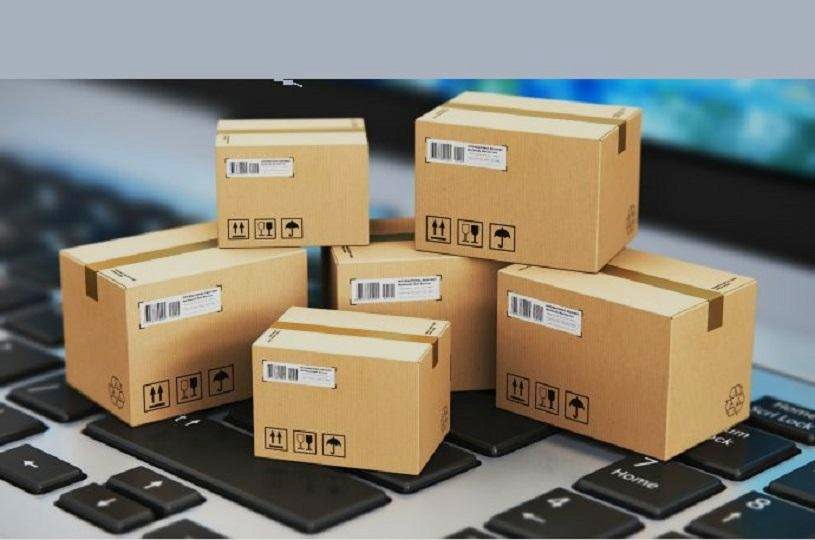Logistics Startups in Bangladesh: Innovation, Challenges & Investment Trends
The logistics sector in Bangladesh has been undergoing a significant transformation, fueled by the rapid growth of e-commerce, manufacturing, and export industries. At the forefront of this evolution are logistics startups—lean, tech-savvy companies that are bridging critical gaps in infrastructure, efficiency, and transparency. As Bangladesh positions itself as a key player in regional trade and digital transformation under the “Smart Bangladesh” vision, these startups are playing a vital role in modernizing supply chains.
In this blog, we’ll explore how logistics startups are reshaping the sector, the innovation they bring, the challenges they face, and what trends investors are watching closely.
🚚 The Rise of Logistics Startups in Bangladesh
Bangladesh’s logistics sector, valued at approximately USD 15 billion, is a core component of its trade-driven economy. Traditionally dominated by fragmented transport operators and manual systems, the landscape is now shifting toward automation and efficiency—thanks in part to startups like:
-
Paperfly – a pioneer in e-commerce logistics
-
eCourier – focused on last-mile delivery solutions
-
Delivery Tiger – offering affordable logistics services for SMEs
-
Pathao – blending logistics with mobility and digital payments
These companies cater not only to individual consumers but also to a booming e-commerce market that grew by over 70% during the pandemic, according to e-CAB.
💡 Innovation: Technology as the Driver
What sets these startups apart is their strategic use of technology. Some of the most impactful innovations include:
1. AI and Predictive Analytics
Startups like Truck Lagbe use AI to match freight demand with vehicle availability, improving route efficiency and load management. This minimizes empty runs and reduces fuel waste.
2. Real-Time Tracking
Customers and businesses now expect transparency. Logistics tech firms integrate GPS tracking systems to offer live delivery updates—previously unheard of in traditional courier systems.
3. Digital Warehousing
Innovative firms are offering on-demand warehousing solutions, enabling businesses to scale operations without long-term leases. These services integrate warehouse management software (WMS) that syncs with e-commerce platforms.
4. Blockchain & Smart Contracts
While still emerging, startups are exploring blockchain to ensure traceability and compliance in export logistics, particularly for sectors like ready-made garments (RMG) and pharmaceuticals.
🔍 Key Sectors Driving Demand
Several industries are fueling the demand for innovative logistics solutions:
-
E-commerce – Over 50 million internet users and mobile penetration are driving fast growth.
-
Garment & Textile Exports – Representing over 80% of exports, this sector requires time-sensitive logistics.
-
FMCG – Distribution to remote areas is a logistical challenge that startups are solving.
-
Agriculture & Cold Chain – Growing export demand for perishable items is fueling cold logistics startups.
Explore more on Bangladesh’s export industry here:
🔗 Bangladesh Export Sector Overview – bangladesh-agent.com
🧗 Challenges Facing Logistics Startups
Despite their growth and innovation, logistics startups in Bangladesh face several hurdles:
1. Infrastructure Bottlenecks
Unreliable road conditions, port congestion at Chattogram Port, and limited railway connectivity add friction to timely delivery.
2. Policy and Regulatory Gaps
There’s a lack of comprehensive logistics policy, although initiatives like the National Logistics Policy (in draft) signal progress.
3. High Capital Expenditure
Scaling operations means investing in vehicles, warehouses, tech systems—often too costly without significant funding.
4. Lack of Skilled Manpower
From data analysts to warehouse managers, the talent pipeline for modern logistics is still developing.
5. Customer Trust and Digital Adoption
Many SMEs still prefer traditional courier services, making digital adoption slower in rural or semi-urban regions.
📈 Investment Trends and Opportunities
Investors are beginning to see the potential. A few highlights:
-
Pathao secured funding from Go-Jek and local investors.
-
Truck Lagbe raised capital from regional VCs to scale their freight-matching platform.
-
Paperfly attracted interest due to its focus on the booming e-commerce segment.
Key Trends Driving Investment:
-
Focus on B2B Logistics: Investors are showing interest in platforms that support manufacturing and SME trade.
-
Tech-first Solutions: Startups offering data dashboards, route optimization, and real-time analytics are preferred.
-
Green Logistics: Solutions involving EV fleets or carbon-neutral deliveries are becoming investor favorites.
Learn how agent services can support logistics startups:
🔗 Top Services Global Brands Need When Entering Bangladesh – bangladesh-agent.com
🌍 The Future: Toward a Smart Logistics Ecosystem
Bangladesh’s logistics sector is at a turning point. With the government’s vision of “Smart Bangladesh by 2041”, logistics startups are expected to play a foundational role in achieving smart, connected, and sustainable supply chains.
Opportunities are ripe for:
-
Public-private partnerships (PPPs) to improve infrastructure.
-
Cross-border logistics connecting Bangladesh with India, China, and Southeast Asia.
-
Cold chain logistics for agriculture and pharma.
-
Digital financing for logistics SMEs via embedded fintech.
For businesses looking to source or export products from Bangladesh:
🔗 Sourcing Services from Verified Agents – bangladesh-agent.com
✅ Conclusion
Bangladesh’s logistics startups are more than delivery services—they are catalysts for economic modernization, export efficiency, and digital transformation. With the right mix of innovation, policy support, and investment, they could help position Bangladesh as a logistics hub for South Asia.
As the landscape continues to evolve, global investors, manufacturers, and exporters should keep a close eye on the emerging champions of this fast-moving sector.

